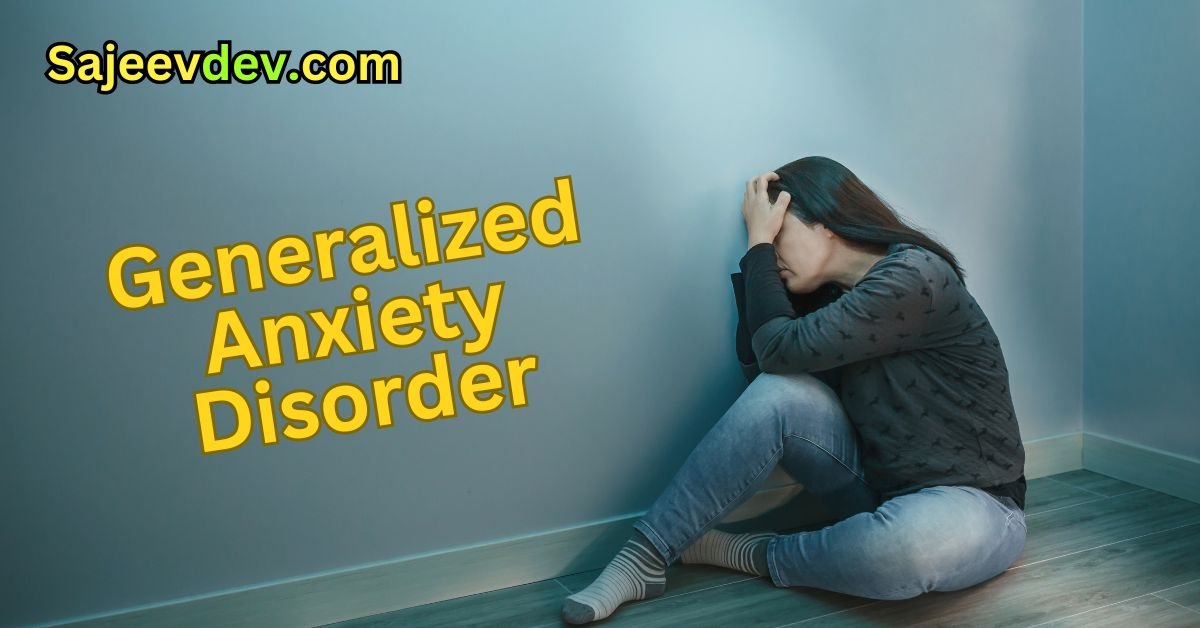Understanding Generalized Anxiety Disorder (GAD)
Generalized Anxiety Disorder (GAD) is a common mental health condition characterized by excessive worry and anxiety about various aspects of life, often without a specific trigger. Individuals with GAD experience persistent and excessive worry about everyday concerns such as work, health, finances, and relationships. These worries are often accompanied by physical symptoms such as restlessness, fatigue, muscle tension, irritability, and difficulty concentrating. GAD can also manifest as anticipatory anxiety, where individuals worry excessively about future events or scenarios.
Coping Strategies for Managing GAD
1. Seek professional help: The first step in managing GAD is seeking professional support from a licensed therapist or counselor. Cognitive-Behavioral Therapy (CBT) has been shown to be effective in treating GAD. CBT helps individuals identify and challenge irrational thoughts and beliefs that contribute to anxiety, as well as develop coping skills to manage symptoms.
2. Practice relaxation techniques: Incorporating relaxation techniques into your daily routine can help alleviate symptoms of GAD. Techniques such as deep breathing exercises, progressive muscle relaxation, guided imagery, and mindfulness meditation can promote relaxation and reduce anxiety levels.
3. Establish a routine: Creating a structured daily routine can provide a sense of stability and predictability, which can be especially beneficial for individuals with GAD. Set specific times for waking up, eating meals, exercising, working, and engaging in leisure activities. Having a routine can help reduce feelings of uncertainty and overwhelm.
4. Stay active: Regular physical activity is not only beneficial for physical health but also for mental well-being. Engage in activities that you enjoy, such as walking, jogging, swimming, yoga, or dancing. Exercise releases endorphins, which are natural mood lifters, and helps reduce anxiety and stress.
5. Limit caffeine and alcohol: Stimulants such as caffeine and alcohol can exacerbate symptoms of anxiety. Limit your intake of caffeinated beverages such as coffee, tea, and energy drinks, as well as alcohol, which can disrupt sleep and increase feelings of anxiety.
6. Practice self-care: Prioritize self-care activities that promote relaxation and well-being. This may include taking time for hobbies, spending time in nature, practicing self-compassion, getting adequate sleep, and maintaining a healthy diet.
7. Challenge negative thoughts: GAD often involves catastrophic thinking and overestimation of potential threats. Challenge negative thoughts by asking yourself if there is evidence to support them and considering alternative, more realistic interpretations of situations.
8. Build a support system: Surround yourself with supportive friends, family members, or support groups who can offer encouragement, understanding, and empathy. Talking to others about your feelings can provide validation and perspective, helping you feel less alone in your struggles.
9. Set realistic goals: Break tasks into manageable steps and set achievable goals for yourself. Celebrate small victories along the way, and be gentle with yourself if setbacks occur. Avoid putting undue pressure on yourself to be perfect or to have everything figured out.
10. Practice mindfulness: Mindfulness involves being present in the moment without judgment. Practice mindfulness exercises such as mindful breathing, body scans, or mindful eating to cultivate awareness and acceptance of your thoughts and emotions.
Managing Generalized Anxiety Disorder (GAD) requires a multifaceted approach that addresses both psychological and lifestyle factors. By seeking professional help, practicing relaxation techniques, establishing routines, staying active, and prioritizing self-care, individuals with GAD can learn to cope effectively with their symptoms and lead fulfilling lives. Remember that healing takes time and patience, and it’s essential to be kind to yourself as you navigate your journey towards better mental health.









